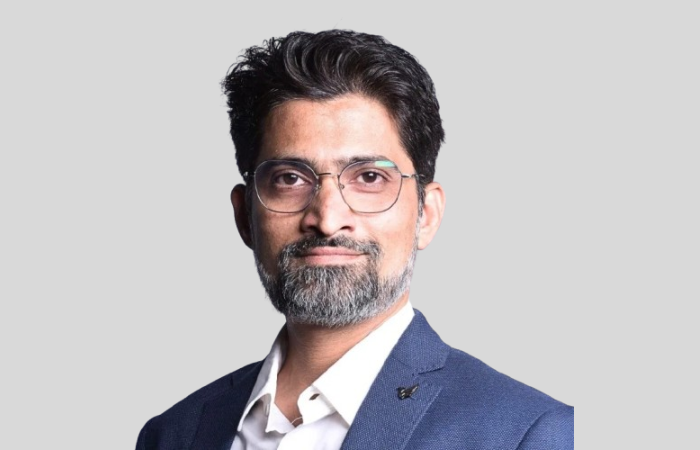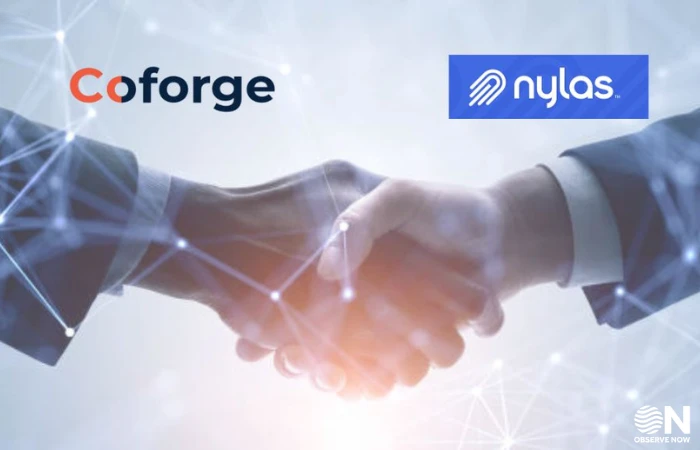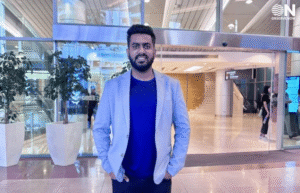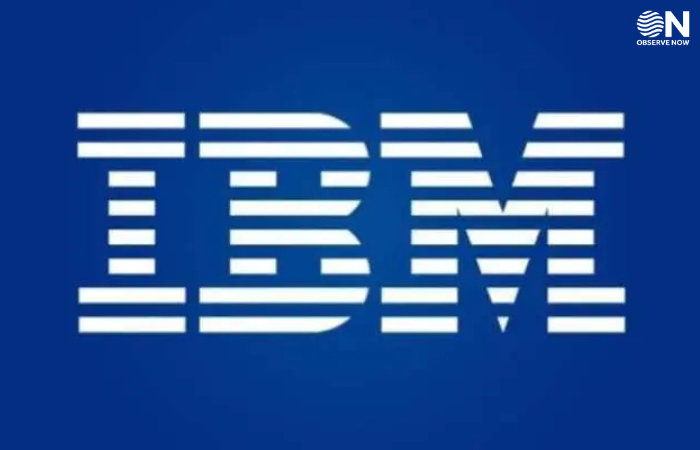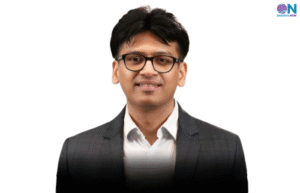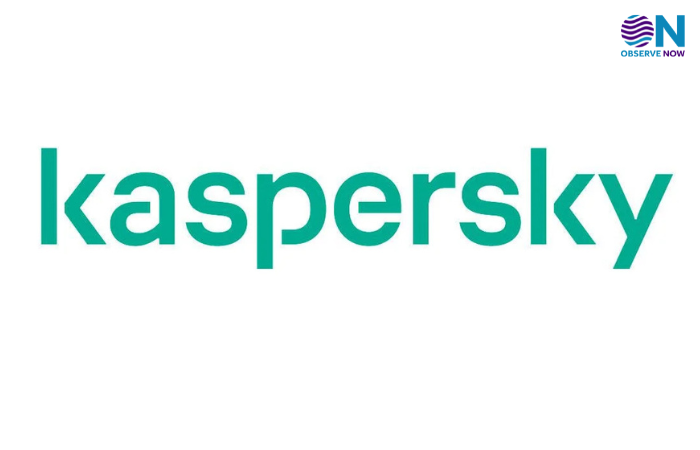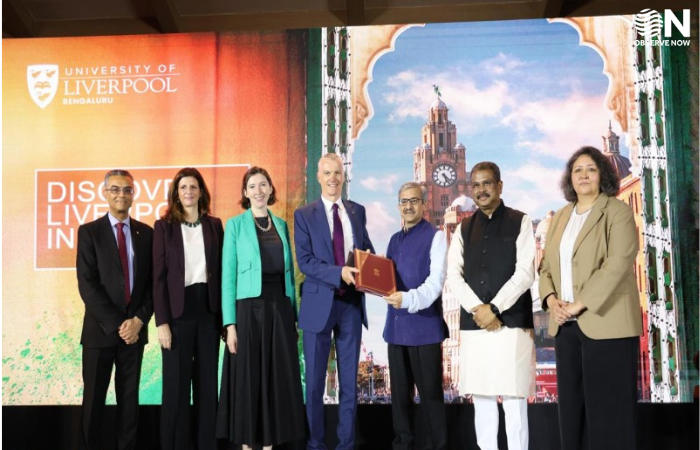Sanket Karode Appointed as Marketing Lead for India & SAARC at Trellix
Trellix, a global cybersecurity leader, has announced the appointment of Sanket Karode as the new Marketing Lead for India and the SAARC region. This strategic move underscores Trellix’s commitment to strengthening its presence in one of the world’s most dynamic and rapidly evolving cybersecurity markets.
Karode brings to Trellix a wealth of experience in marketing and strategic communications within the technology sector. His deep understanding of the regional market dynamics, coupled with a proven track record in driving impactful marketing campaigns, positions him well to spearhead Trellix’s growth initiatives across India and neighboring countries. In his new role, Karode will be responsible for developing and executing comprehensive marketing strategies tailored to the unique needs of the India and SAARC markets. His focus will be on enhancing brand visibility, fostering customer engagement, and driving demand generation for Trellix’s suite of cybersecurity solutions.
The announcement of Karode’s appointment was met with enthusiasm across the industry. Peers and colleagues took to LinkedIn to extend their congratulations, reflecting the high regard in which he is held within the professional community. His leadership is anticipated to bring fresh perspectives and innovative approaches to Trellix’s regional marketing efforts.
Trellix’s decision to onboard a seasoned marketing professional like Karode aligns with its broader strategy to deepen market penetration and address the growing cybersecurity needs of businesses in the region. As cyber threats become increasingly sophisticated, the demand for robust security solutions is on the rise, and effective marketing plays a crucial role in educating and attracting potential clients. Karode’s appointment is expected to catalyze Trellix’s initiatives aimed at expanding its footprint in India and the SAARC countries. By leveraging his expertise, the company aims to build stronger relationships with clients, partners, and stakeholders, thereby reinforcing its position as a trusted cybersecurity provider.
As he steps into his new role, Karode expressed enthusiasm about the opportunity to contribute to Trellix’s mission of delivering cutting-edge cybersecurity solutions. His vision includes not only driving business growth but also playing a pivotal role in enhancing cybersecurity awareness and resilience across the region.
With this strategic appointment, Trellix is poised to navigate the complexities of the regional market more effectively, ensuring that organizations across India and the SAARC nations are better equipped to tackle the evolving landscape of cyber threats.


